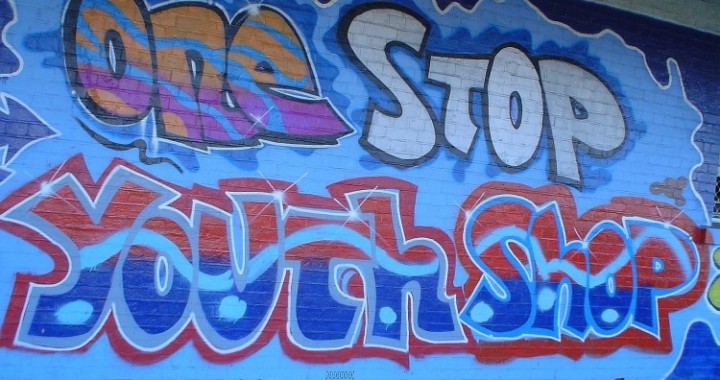Thoughts on professionalisation
Over the last couple of days I have been re-listening to some of my favourite podcasts from c2ypodcast. Two in particular grabbed my attention as the guests spoke about the failure of the professionalisation movement in light of youth work core principles. We have stated a number of times on this blog that the professionalisation debate is lacking and unhelpful at best. We believe that qualifications and metrics don’t make a professional… it takes passion, calling and a whole lot of work.
 First up was Professor Dana Fusco who in discussing her amazing work “Advancing Youth Work: Current Trends, Critical Questions” spoke of the threat that certification of youth workers holds for youth work. The research for other professions appears to show that certification and professionalisation of other professions has not led to the recognition which we as youth workers are seeking. Dana’s discussion led me to think that the striving to become more professional in the human services sector has led to a watering down of youth work principles and practice wisdom.
First up was Professor Dana Fusco who in discussing her amazing work “Advancing Youth Work: Current Trends, Critical Questions” spoke of the threat that certification of youth workers holds for youth work. The research for other professions appears to show that certification and professionalisation of other professions has not led to the recognition which we as youth workers are seeking. Dana’s discussion led me to think that the striving to become more professional in the human services sector has led to a watering down of youth work principles and practice wisdom.
The second conversation was with an elder statesman in the field of youth work, Dr. Gerry Fewster. Gerry spoke of how insidious and easy it is for us to fall into the trap of practicing just like other human services professions such as psychology or social work in a world which waters down our practice as youth workers. That our uniqueness and ability to work with young people in a fluid way is compromised by blindly following into the mire of professionalisation.
Neither of these professionals believe that youth workers should be less than highly professional. What they do argue is that by limiting the scope and practice of youth workers through managerialism and metrics whilst seeking to gain a better reputation is ludicrous.
Lets be more professional every day, but let us never give up that which makes us unique.
Leave us a comment below or post a comment on Facebook and Twitter.
If you haven’t yet, sign up for our newsletter to find out all the goings on at Ultimate Youth Worker.




